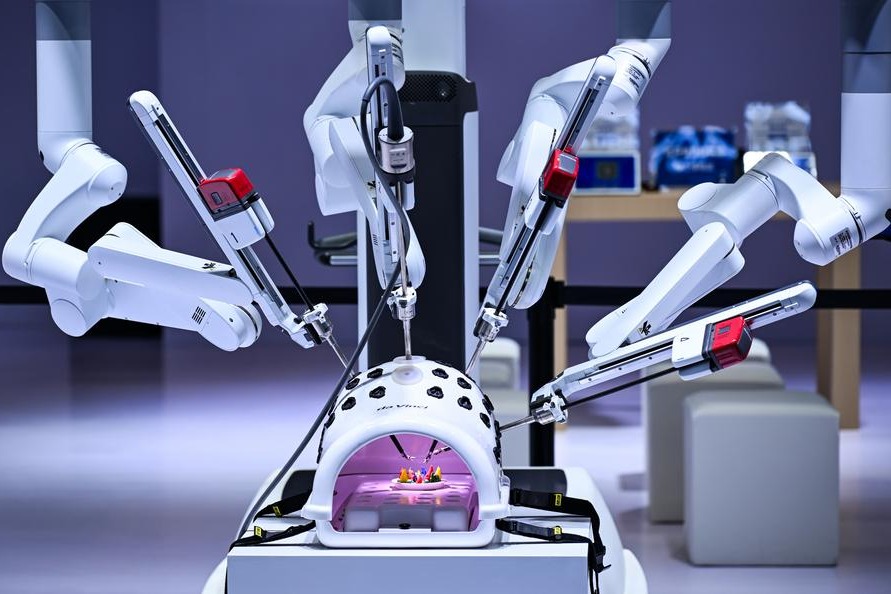Autonomous sidewalk robots to dominate self-driving

Autonomous vehicles are typically associated with futuristic visions of self-driving large cars and lorries speeding through urban areas and along motorways. However, such developments have been plagued with technical setbacks, funding issues and serious safety concerns when humans are passengers.
While this giant technological saga has been rumbling on, autonomous sidewalk robots have been quietly establishing themselves in everyday life. Built to be the size of cats and delivering household groceries along sidewalks across China, the United States and Europe, it is estimated that the sidewalk autonomous vehicle industry could soon be worth billions of dollars.
Trials running for more than a decade in places, such as Milton Keynes in the United Kingdom, have so far been a success. Pedestrians around the world have got used to the eerie sight of white robots slowly moving alongside them, on a pavement where space is rapidly being taken up by other smart city initiatives, such as electric scooters and dockless bikes.
For the elderly, autonomous delivery robots can be a lifeline, especially in the pandemic where many struggled to keep their independence. Large fleets of machines significantly impact these communities in a positive manner, being a low-cost way to obtain medicine and food quickly. This manner of delivery is also relatively cheap, as opposed to logistics models run by the likes of Amazon. Same-day delivery services run by humans are extremely expensive, and sometimes prone to error.
Currently, however, humans are still part of the command chain loop overseeing robot deliveries in real time. The next generation of fleets are capable of completing deliveries without a single human decision being made. This has only become possible recently as technologies in geofencing improve alongside 5G infrastructure. Using humans to remotely assist robots in a process called teleoperation relies upon 100 percent mistake-free operations and 100 percent reliability in existing 4G LTE network signals. Both of these variables are impossible to guarantee, so fully autonomous independent robots are playing a vital role in ensuring the quality of delivery service.
The green nature of electric minivehicles also means that each wheel can be battery-powered individually, offering increased maneuverability in navigating tight spaces. Traveling at an average speed of 4-6 km per hour, the obvious safety profile of small autonomous sidewalk robots is clear compared to larger, more ambitious, plans for autonomous delivery vans and trucks. Being generally smaller also helps with manufacturing, as parts can be produced quickly by smaller localized firms, on a large scale.
Being fully autonomous, however, means that small delivery robots face many of the same challenges as their autonomous car-sized counterparts. Instead of relying purely on internet connections, more reliable internal independent systems are crucial for situational awareness in real time. Ultrasonic and lidar sensors help navigate busy urban streets alongside built-in protocol for scenarios ranging from emergency braking to automatic crash prevention. Being able to process such information in real time and make the correct decision requires substantial processing power, highlighting the importance of development in silicon chips.
Ultimately, the success of this industry comes down to how reliable the autonomous technology for the robots can be. Unshackled by the constraints that plague the self-driving car and lorry sectors, much work is still to be done in ensuring that sidewalk delivery robots can operate in complex environments without issue. The industry is on the verge of becoming the most lucrative within the emerging self-driving sector. Businesses must invest heavily in development costs, especially in software relating to real time decision making. Ever-growing reliable fleets will reward investors with large returns, meaning that we may be sharing our city streets with little robots for years to come.
Barry He is a London-based columnist for China Daily.

































